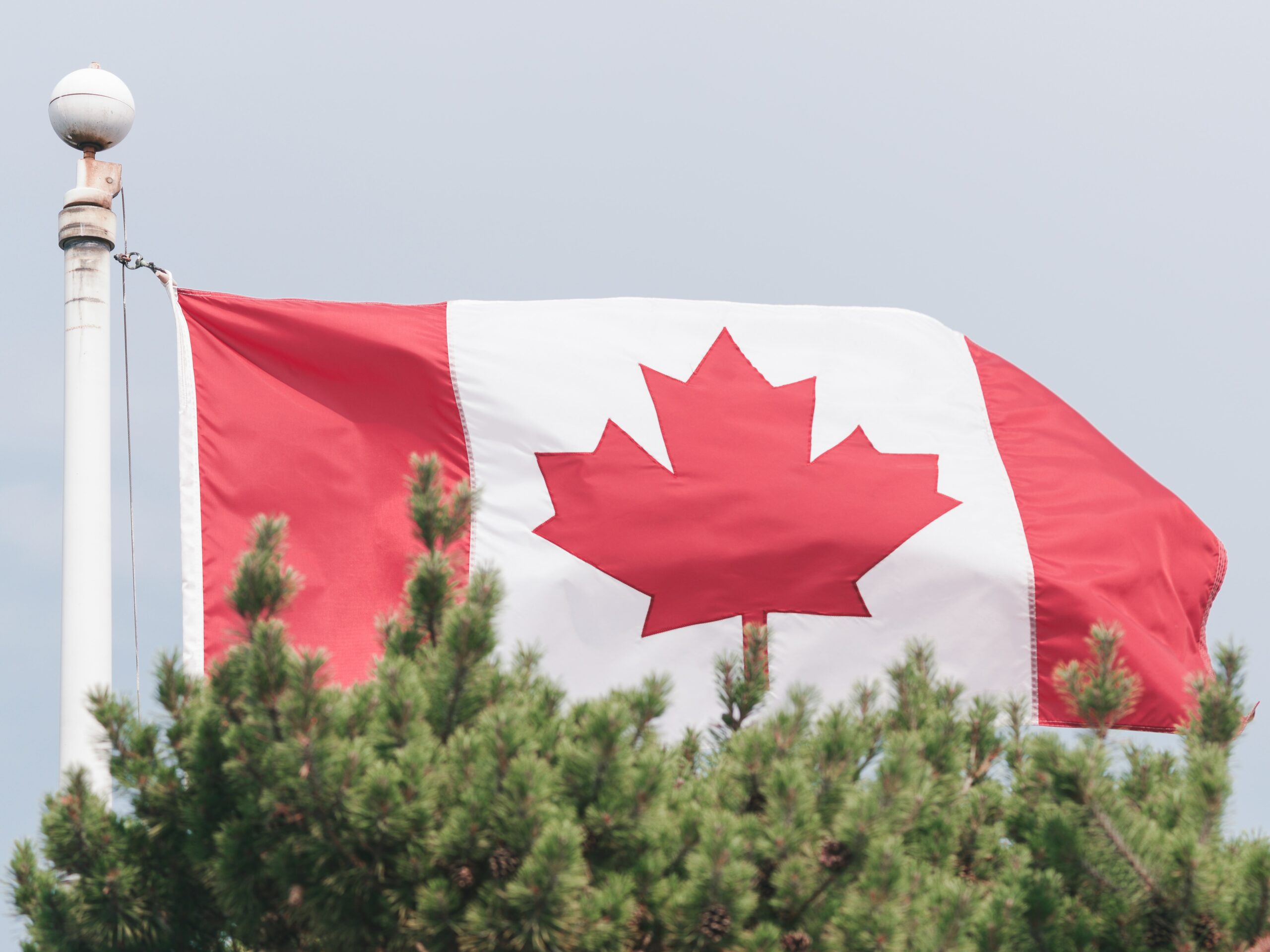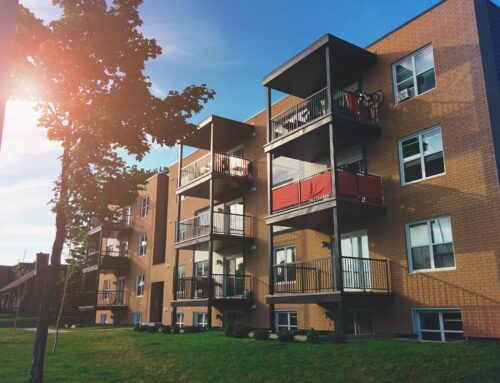Intro
The decision to move to a new city is a significant life event, and one of the most crucial factors to consider is the cost of living. In Canada, three major cities often top the list for newcomers: Montreal, Toronto, and Vancouver. Each of these cities offers something special, however, all three places come with different price tags. In this blog, we’ll dive deep into the cost of living in these three Canadian metropolises, exploring various aspects such as housing, transportation, food, and entertainment. Hopefully by the end, you’ll have a better understanding of the financial implications of choosing one city over the others.
(If you want a better idea of specific price comparisons, visit numbeo.com for a more detailed analysis. Additionally, all prices mentioned in this blog will be in Canadian dollars.)
Housing Costs
In Montreal: Montreal is known for its relatively affordable housing compared to Toronto and Vancouver. As of September 2023, the average rent for a one-bedroom apartment in Montreal is $1,578 per month, with prices varying by neighborhood. In more suburban areas, rents tend to be lower, making it possible to find affordable housing options for those on a budget. If you’re looking to buy, property prices in Montreal are generally lower than in the other two cities, although they have been on the rise in recent years.
In Toronto: Toronto is infamous for its high housing costs. As of September 2023, the average rent for a one-bedroom apartment in Toronto is $2,540 per month. Housing costs decrease as you move farther away from the downtown core, but the overall real estate market remains one of the most expensive in Canada. Buying a home in Toronto often requires a substantial down payment and a sizeable mortgage.
In Vancouver: Vancouver tops our list as Canada’s most expensive city when it comes to housing. As of September 2023, the average rent for a one-bedroom apartment in Vancouver is $2,800 per month. Purchasing property in Vancouver can be even more challenging due to soaring real estate prices, which has led to debates about affordability and access to housing in the city.
Transportation Costs
In Montreal: Montreal offers an efficient public transportation system including buses and a metro system. A monthly public transportation pass in Montreal costs approximately $97, making it affordable for residents to commute within the city without a car. Gasoline prices are moderate compared to other major Canadian cities, with the average cost of gas coming in at 1.798 CAD/L in August 2023.
In Toronto: Toronto’s public transportation system, known as the TTC, is extensive but can be crowded and sometimes unreliable. A monthly pass for the TTC costs around $156. If you own a car, be prepared to face high insurance rates and costly parking, especially in the downtown area. In September 2023, the average pump price was 1.66 CAD/L.
In Vancouver: Vancouver’s public transportation, TransLink, is comprehensive and includes buses, SkyTrain, and SeaBus services. The cost of a monthly transit pass sits roughly in the middle of the other two cities, coming in at around $137. Owning a car in Vancouver can be expensive due to high insurance premiums and parking costs, but it might be necessary if you live in the suburbs and commute to the city. The average gas price in Vancouver in August 2023 was 2.07 CAD/L. In terms of transportation, the cost of living in Toronto is about the same as Vancouver.
Food Costs
In Montreal: Montreal is known for its diverse culinary scene, which includes a wide range of affordable dining options. Eating out at restaurants can be reasonably priced, and grocery costs are generally lower compared to Toronto and Vancouver. A typical meal at an inexpensive restaurant may cost around $25.
In Toronto: Toronto’s dining scene is also diverse, and tends to cost about the same as eating out in Montreal. Dining at an inexpensive restaurant would set you back around $22.85, and groceries cost roughly the same as those in Montreal.
In Vancouver: Vancouver’s food scene is the most expensive of the bunch, but not by far. Eating out at an inexpensive restaurant costs around $27, and groceries are the most costly, partly due to the city’s reliance on imported goods.
Entertainment and Lifestyle Costs
In Montreal: Montreal offers a vibrant cultural scene with numerous festivals, art galleries, and entertainment options. Many of these events are affordable or even free, contributing to a lower overall cost of entertainment. Using the cinema as our primary example, Montreal’s average cost of admission to a theater is $15. The city’s nightlife is lively and diverse, with options for every budget.
In Toronto: Toronto has a thriving arts and entertainment scene, but it comes with a higher price tag. Ticket prices for events and attractions are generally more expensive compared to Montreal. For example, the average cost of a movie ticket in Toronto is $16. However, Toronto’s size and diversity mean there is something for everyone, regardless of budget.
In Vancouver: Vancouver, like Toronto, offers a range of cultural and recreational activities. However, the cost of entertainment is also on the higher side, with tickets to events and attractions often being more expensive than in Montreal and Toronto. To go to the cinema, you’ll be spending on average $18 per ticket. The city’s natural beauty, such as its proximity to mountains and the ocean, however, provides unique opportunities for outdoor recreation, which can be both affordable and enjoyable.
Conclusion
In the end, the choice between the cost of living in Montreal, Toronto, and Vancouver comes down to personal preferences and priorities. Montreal often stands out as the most cost-effective option for those looking to live in a vibrant, culturally rich city with relatively affordable housing and reasonable living costs. On the other hand, Toronto and Vancouver offer larger job markets and more extensive career opportunities but come with higher expenses, particularly in housing and transportation.
When considering a move to any of these cities, it’s essential to weigh your financial situation, career prospects, and lifestyle preferences carefully. Each city has its advantages and drawbacks, and finding the right fit depends on your individual circumstances and priorities. Whether you’re enticed by the artistic scene of Montreal, the bustling business environment of Toronto, or the natural beauty of Vancouver, understanding the cost of living is a crucial step in making an informed decision for your future.







Leave A Comment